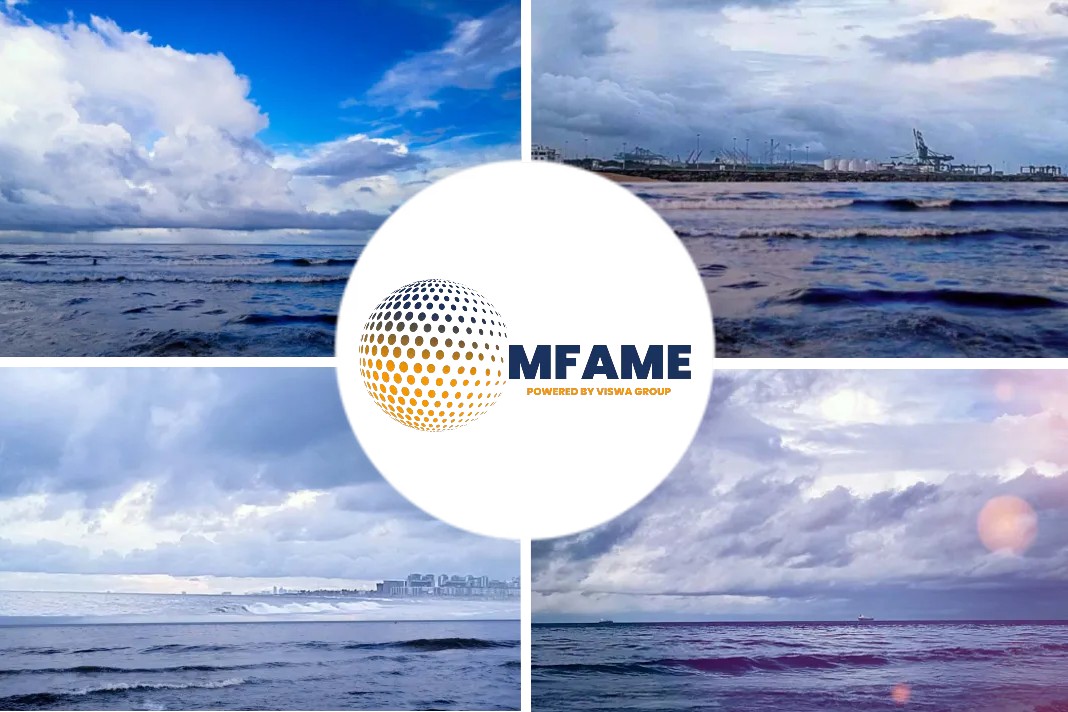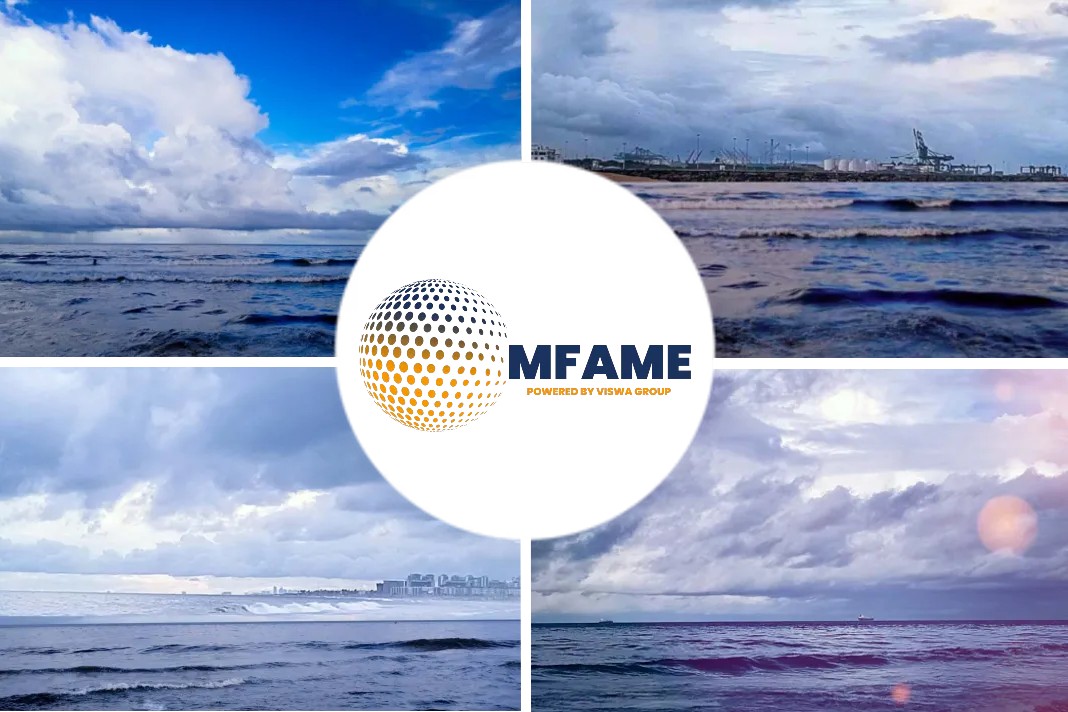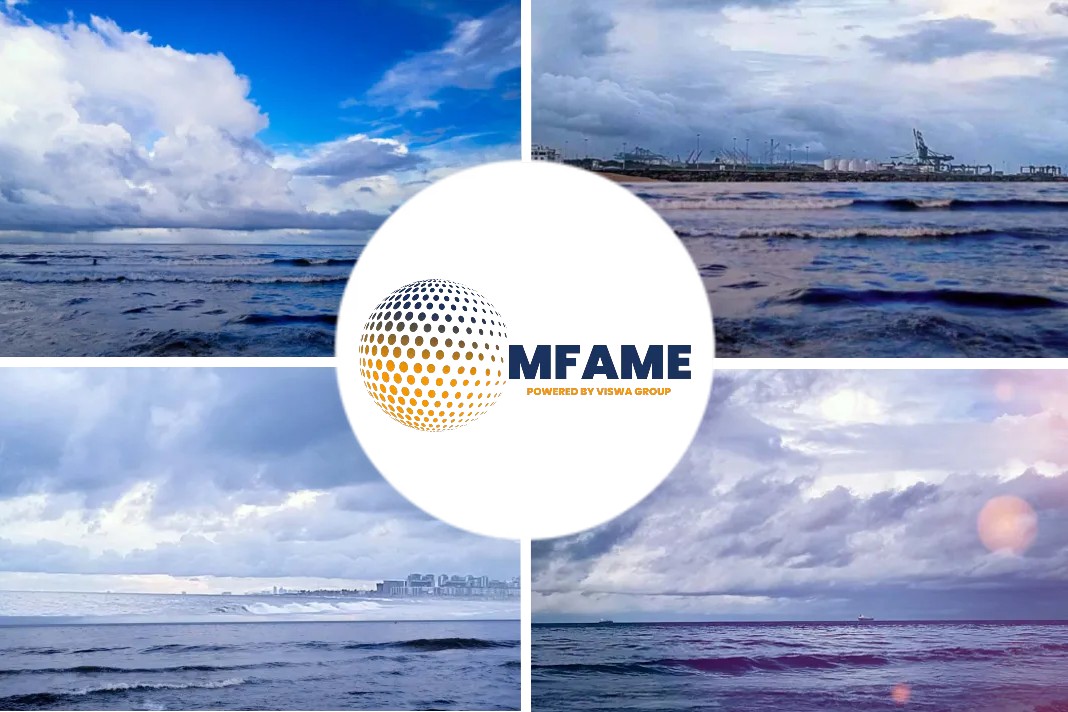According to an IMO FAL Convention report, digitalization could facilitate quicker, better and more efficient cross border trade.
What is it?
when ships enter and leave port,
detailed and specific administrative information needs to be exchanged
with the authorities ashore. This used to mean paperwork.
But Electronic Data Interchange (EDI) is quicker, better and more efficient for everybody – and EDI is a mandatory requirement (since April 2019) under the IMO’s International Convention on Facilitation of International Maritime Traffic (the FAL Convention).
- This means that public authorities are required to set up electronic systems for ship reporting formalities.
- This applies to all the documentation needed to fulfil the standard regulatory requirements – the cargo declaration, dangerous goods declaration, crew manifests, vessel details and so on
WHO NEED S TO BE INVOLVED?
- Port authorities, maritime administrations, customs, police, immigration, health and
agricultural authorities and all other relevant bodies must be part of the port EDI system. - Ships’ agents, terminal operators, tug and pilot services and others can also be
included – making things quicker, simpler and more effective for everyone. - Where there are existing Port Community Systems and other electronic platforms,
these can support the implementation of the EDI exchanges.
The FAL Convention requires public authorities to set up systems for EDI and
inform everyone concerned – including shipowners – about them.
It’s a mandatory requirement. And it recommends using the “single window” concept, which enables all the information required by public authorities for the arrival, stay and departure of ships, persons and cargo, to be submitted via a single portal, without duplication.
That’s good news for all concerned – but public authorities that haven’t yet put a system like this in place need to ACT NOW.
Technical Assistance for Implementation
- IMO can provide technical assistance to governments that need help to fulfil their
mandatory obligations under the FAL Convention. - And we’ve developed the IMO Compendium, a technical reference manual for software
developers within the relevant public authorities. - The IMO Compendium harmonizes the data elements requested by the various public authorities and standardizes the electronic messages.
- IMO has also issued guidelines for setting up a maritime single window.
- All this will help make cross-border trade simpler and the logistics chain more efficient,
for the more than 10 billion tons of goods which are traded by sea annually across
the globe.
Did you subscribe to our daily newsletter?
It’s Free! Click here to Subscribe!
Source: IMO















